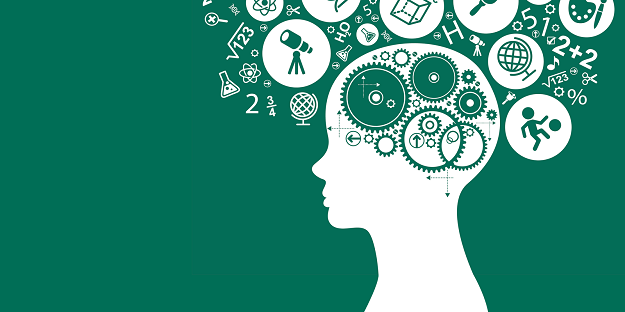Some thoughts about the psychology of Education. Theories of learning. /part 8/
The optimal level of activity for each student is different, which determines individual readiness for learning activity and the individual differences resulting from it. A serious theoretical discussion is about the issue of what motivates the activity of the person in the activity. In modern psychology, the activity of personality is associated with its needs.
Summing up, activity can be defined as a concept that reflects the change in the state of man that arises from internal factors and external factors that meet needs. Internal sources of activity as well as motives are determined by the needs structure. As a rule, the core of the learning activity is not one single but a whole system of motives. Teacher's efforts should be directed towards the formation and development of motivations that fit the essence of learning activity. These are above all cognitive and social motives for learning. The student's activity and motivation for learning activity also have external sources, which are determined by the structure of the social conditions in which the individual's life activity takes place. Such sources are requirements, expectations and opportunities. Essential to the effectiveness of learning is the student's value system that determines the personal meaning of learning. In the phylogenetic development of the psyche, different learning styles have emerged, which correspond to different stages of the development of the animal species.
Different classifications of types of learning are proposed. It is noteworthy that there is no single learning theory validated and binding for all researchers. Types of learning formulated by F. Kicks are: - Habitat - the most elemental type of learning that can be observed in the smallest organisms as well. It consists of learning from an inherited behavioral act or reaction that occurs in typical situations but does not lead to typical behavioral consequences. In humans, it can be seen, for example, in the use of persistent stimuli; - instrumental learning - leads to the formation of contingent behavioral reactions. A particular action of the individual is formed, through which he discovers situations and environmental conditions that are related to the satisfaction of his needs. This type of learning is also called operatively; - Learning based on the principle of "experience-error" - exists in a man in those learning situations where some of the baseline conditions for solving a new and unknown learning task are missing.
The simplicity of instrumental learning and the learning of the "experience-error" principle are at the core of the theory of programmed learning. Basic principles of the programmed training are laid in one of the most modern teaching methods - the interactive learning method; - learning with understanding - characteristic only for man. It is related to the development of thinking and speech, and goes through the same stages in which the development of thinking man's vontogenesis passes.
